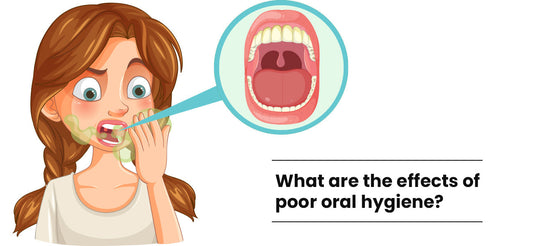In today’s world, where information is readily available, diet fads have become more popular than ever. People are constantly searching for quick fixes, especially for weight loss diets that promise fast results with minimal effort. However, the truth about fad diets is that they often fail to deliver long-term benefits and may even harm your health.
It is essential to distinguish between nutrition myths and sustainable, healthy eating trends to make informed choices. In this blog, we will take an honest look at 10 fad diets that are the most popular and trending weight loss diets.
- Keto Diet
The keto diet has been widely recognized for its approach to weight loss in recent years. By drastically reducing carbohydrate intake and increasing fat consumption, the body enters a state known as ketosis, where fat is used as the primary source of energy instead of carbs.
- GM Diet
The GM diet is a 7-day meal plan that has been particularly popular in India for its promise of rapid weight loss.
- Detox Diets and Juice Cleanses
Detox diets and juice cleanses have been marketed as ways to "cleanse" the body of toxins while promoting rapid weight loss. These diets usually involve drinking only juices or consuming very low-calorie meals for several days.
- Gluten-Free Diets
The gluten-free diet has become a popular diet trend, even for people without gluten sensitivity or celiac disease. Many believe that eliminating gluten will result in weight loss and better digestion.
- Fruit-Only Diet (Fruitarian Diet)
The fruitarian diet restricts food intake to mostly fruits, with occasional nuts and seeds. This diet fad is believed to detoxify the body and promote weight loss.
- Blood Type Diet
The blood type diet claims that eating according to your blood type (A, B, AB, or O) can improve digestion, energy levels, and overall health.
- Liquid Diets
Liquid diets involve replacing solid meals with liquids such as meal replacement shakes, juices, or broths. This diet trend is especially popular for those seeking quick weight loss without the hassle of meal preparation.
- Intermittent Fasting
Intermittent fasting has grown in popularity in India for its ability to promote weight loss by cycling between periods of eating and fasting.
- Plant-Based Diets
Plant-based diets focus on eating primarily plant-derived foods like fruits, vegetables, grains, nuts, and seeds. Many people turn to this diet trend for ethical or health reasons.
- HCG Diet
The HCG diet combines extreme calorie restriction (typically around 500 calories per day) with the use of human chorionic gonadotropin (HCG) supplements, either through injections, pills, or drops. HCG is a hormone produced during pregnancy, and proponents claim it helps burn fat and suppress appetite.
How to Identify a Fad Diet?
It is important to recognize diet fads and avoid falling for nutrition myths. Here are some tips to help you identify fad diets:
Many of the popular diet fads we see today may offer quick fixes, but the truth is that they don’t promote long-term health or sustainable weight management. It is important to focus on balanced effective diet plans that provide all the necessary nutrients your body needs. Instead of chasing the latest popular diet trends, adopt a sustainable, whole-food approach that supports overall well-being for the long term.
A sustainable diet that includes a variety of nutrient-dense foods is the key to long-term health and well-being. Remember, it is not about following the latest trend, it is about nourishing your body in a way that promotes lasting wellness.
References
- Alharbi, A., & Al-Sowayan, N. S. (2020). The effect of Ketogenic-Diet on health. Food and Nutrition Sciences, 11(04), 301–313. https://doi.org/10.4236/fns.2020.114022
- Al-Hamwi, D. (2015). The GM Diet. . ..it’s Not a Healthy Lifestyle at All. . ... Advances in Obesity Weight Management & Control, 3(5). https://doi.org/10.15406/aowmc.2015.03.00069
- Jones, A. L. (2017). The Gluten-Free diet: fad or necessity? Diabetes Spectrum, 30(2), 118–123. https://doi.org/10.2337/ds16-0022
- Cusack, L., De Buck, E., Compernolle, V., & Vandekerckhove, P. (2013). Blood type diets lack supporting evidence: a systematic review. American Journal of Clinical Nutrition, 98(1), 99–104. https://doi.org/10.3945/ajcn.113.058693
- Welton, S., Minty, R., O’Driscoll, T., Willms, H., Poirier, D., Madden, S., & Kelly, L. (2020, February 1). Intermittent fasting and weight loss: Systematic review. https://pmc.ncbi.nlm.nih.gov/articles/PMC7021351/
- Lijesen, G., Theeuwen, I., Assendelft, W., & Van Der Wal, G. (1995). The effect of human chorionic gonadotropin (HCG) in the treatment of obesity by means of the Simeons therapy: a criteria‐based meta‐analysis. British Journal of Clinical Pharmacology, 40(3), 237–243. https://doi.org/10.1111/j.1365-2125.1995.tb05779.x






